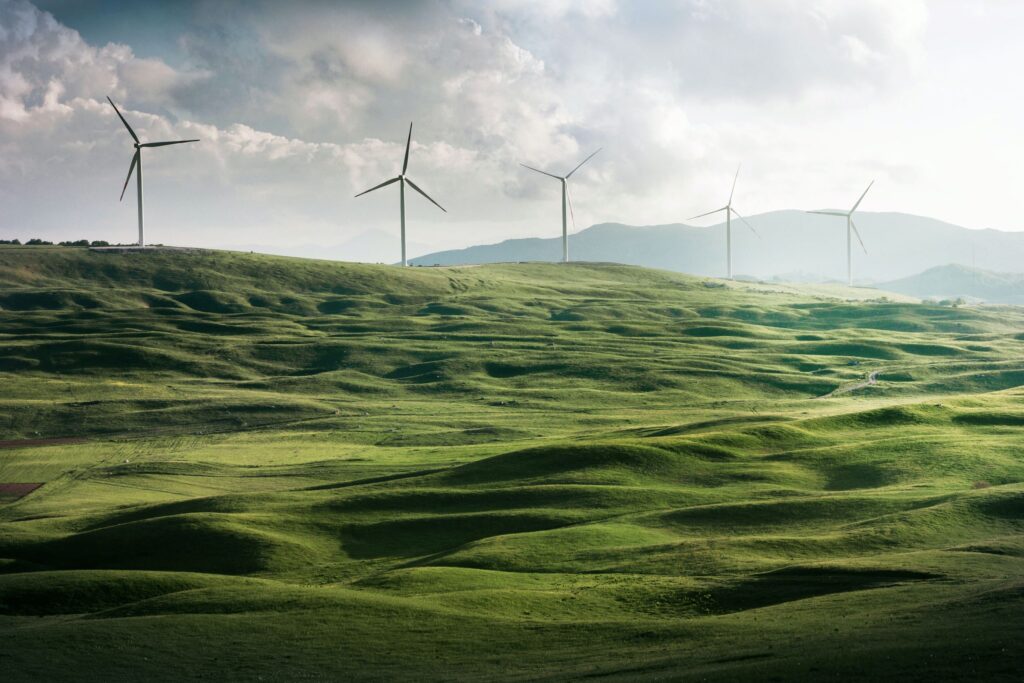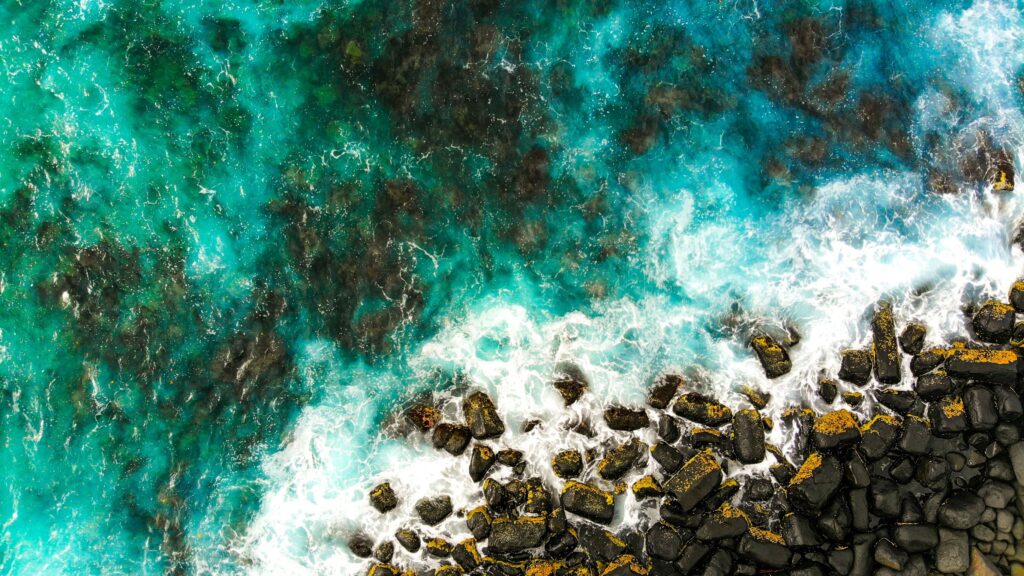Fact Sheets
Carbon Dynamics in New Zealand’s Native Forests
Native forests play an important role in storing and sequestering carbon in the New Zealand landscape. They do not sequester carbon as quickly as pine forests but can provide significant carbon stores and sinks, as well as a range of other benefits.
Read MoreClimate Change – New Zealand and International Responses
Despite the critical need to address climate change, caused primarily by increasing levels of carbon dioxide (CO2) in the atmosphere from the burning of fossil fuels, response has been slowed by pressure from vested interests, a focus by some governments on short-term political objectives and the difficulties of reaching effective international agreements. Some countries are already taking effective action though, and the urgent need for others to join them is becoming extremely clear.
Read MoreRenewable Energy
Renewable energy is energy derived directly or indirectly from sunlight, wind, rain, tidal flows and ranges, waves, and thermal energy stored in the oceans, which are naturally replenished over fairly brief periods of time. Geothermal energy is also regarded as renewable because of the extremely large amounts of heat available from the earth’s core. Major sources of renewable energy include hydro power, wind power, solar power, geothermal power and bioenergy. Moving rapidly to greater reliance on renewable energy in place of fossil fuels has become critically important because of the urgent need to control global warming by reducing carbon dioxide emissions to the atmosphere.
Read MoreNew Zealand’s Paris Target
New Zealand’s commitment under the Paris Agreement, as stated in our Nationally Determined Contribution (NDC) promises that “Emissions will be reduced to 30% below 2005 levels by 2030. The 2005 reference has been chosen for ease of comparability with other countries. This responsibility target corresponds to a reduction of 11% from 1990 levels.” We are comparing our net target emissions with our gross emissions in the base year. Using net emissions for both indicates that our emissions are increasing and not decreasing.
Read MoreSocial Impacts of Climate Change
Climate change, combined with a number of factors including groundwater extraction and other pressures from population increases, is already impacting people who live in areas vulnerable to sea level rise, drought, or ice melt, many of whom are poor.
Read MoreClimate Change and Sea Level Rise
Current predictions are that global warming will likely heat up the world’s lower atmosphere between 2°C and 6°C by 2100. These temperature rises may not seem significant, but for some components of earth/ocean systems, they have huge implications. One of these is the effect on the world’s oceans and land-based ice reservoirs that will cause accelerating sea-level rise.
Read MoreClimate Change and Primary Industry in New Zealand
The annual carbon dioxide equivalent of total global emissions is about 49 Gigatonnes (49 thousand million tonnes), using figures from 2010. Of this, ‘Agriculture’ produced about 11% (mostly as methane, but also N2O). Other ‘Land use,’ including carbon dioxide release from forest and peat burning, produced about 10%.
Read MoreNew Zealand Energy Security And Climate Change
This paper sets out the case for taking early and effective action to improve New Zealand’s energy security, and doing so in a manner which minimises New Zealand’s future greenhouse gas emissions
Read MoreClimate Change Mitigation – Rapid Change Needed To Restrict Global Warming To Below 2°C
The world’s climate is changing, but it remains possible to slow down the speed and extent of change if all countries, including New Zealand, play their part. Rapidly deploying the many different types of mitigation technologies and available measures and developing effective policies to reduce greenhouse gas (GHG) emissions can also produce many additional benefits that offset their overall cost.
Read MoreThe Carbon Cycle – Towards Becoming Carbon Neutral
Early chemists believed that organic compounds were fundamentally different because they contained a vital force that was only found in living systems. In fact, the common elements in all organic compounds are hydrogen and carbon.
Read More






